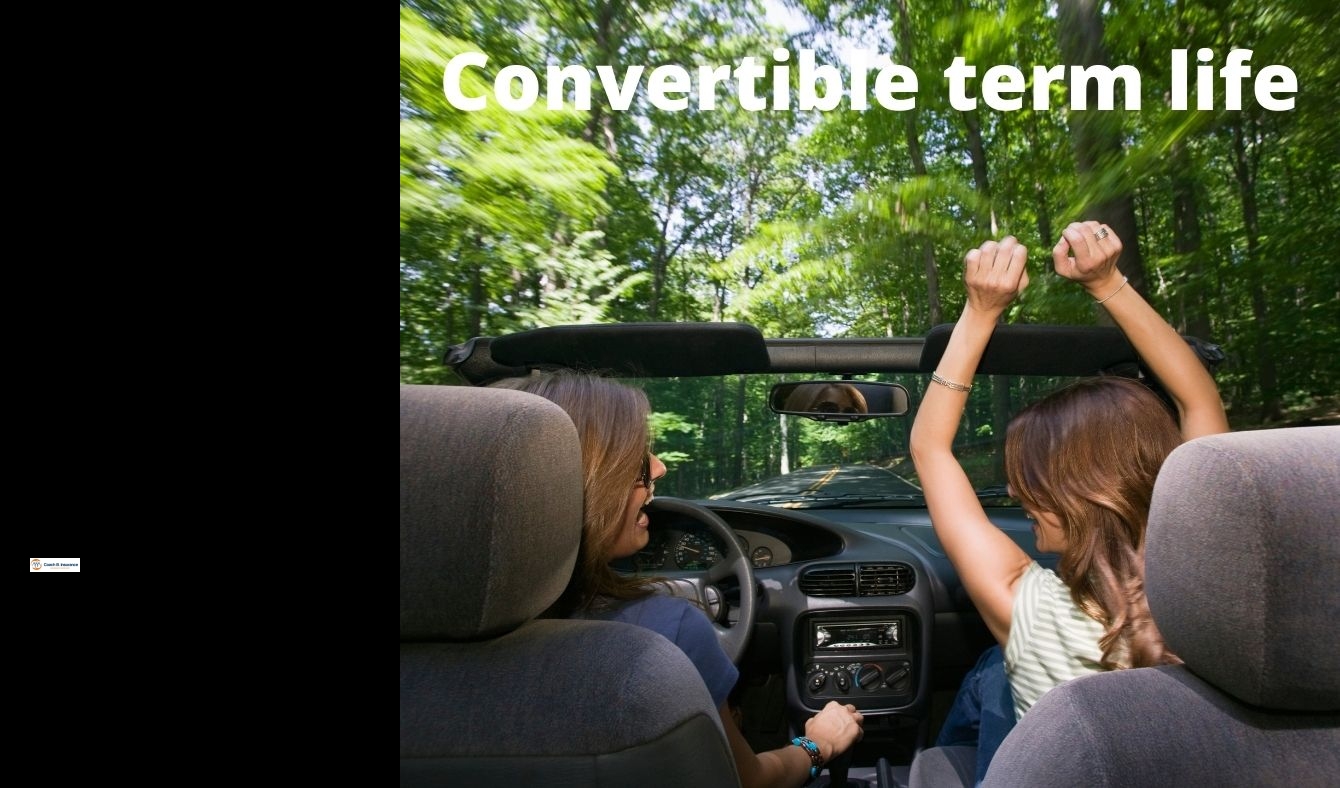30 year term life insurance quotes
There are many options for how long your term-life insurance should be valid. You can typically buy coverage for one, five or more years. Policies with a term of one to five years can be used to cover short-term expenses or debts you are currently paying, such as tuition for your child. If you are the breadwinner, and need to have a policy that will cover your mortgage, a term of 30 years might be a better fit. These needs can change over time and so may your need for a policy.



